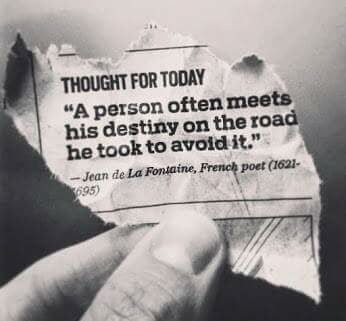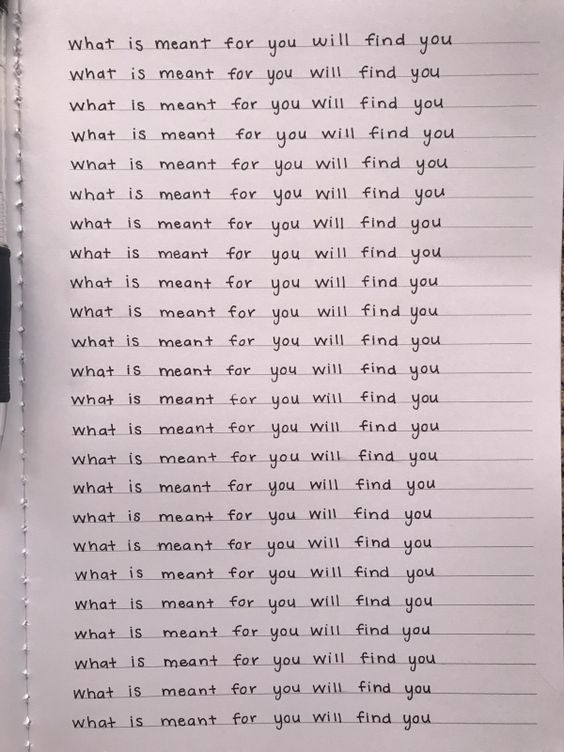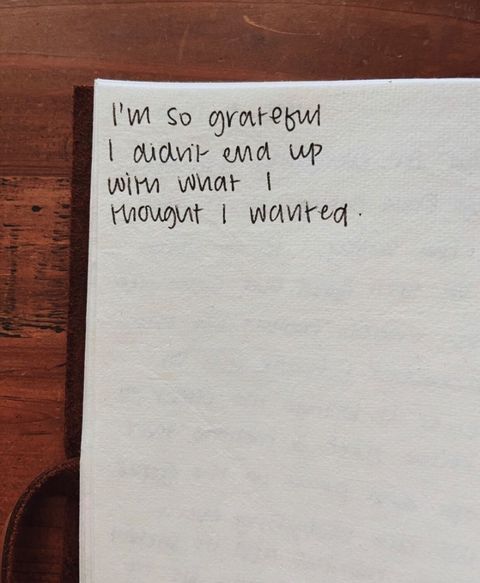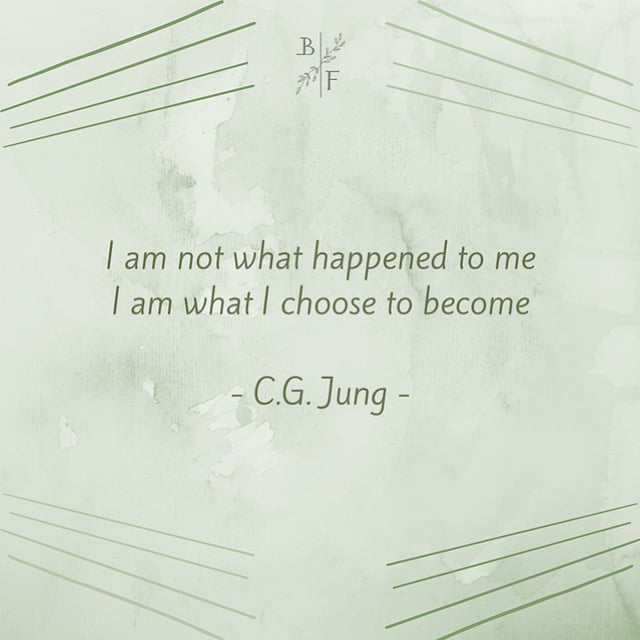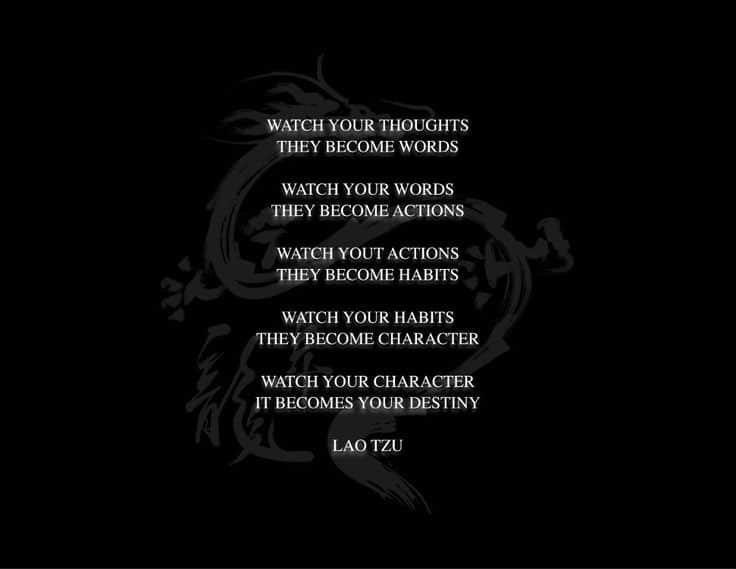“What father, what teacher could shield [his son] from living his own life, soiling himself with life, burdening himself with guilt, drinking the better drink himself, finding his path himself? Do you really believe, dear friend, that anyone at all is spared this path? Perhaps your little son because you love him, because you would like to spare him pain and sorrow and disillusion? But even if you died for him ten times over, you could not take away even the tiniest bit of his destiny.”
Hermann Hesse, Siddhartha (Page 106)
The Midnight Library [Book]
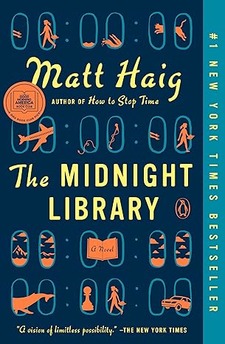
Book Overview: Somewhere out beyond the edge of the universe there is a library that contains an infinite number of books, each one the story of another reality. One tells the story of your life as it is, along with another book for the other life you could have lived if you had made a different choice at any point in your life. While we all wonder how our lives might have been, what if you had the chance to go to the library and see for yourself? Would any of these other lives truly be better? In The Midnight Library, Matt Haig’s enchanting blockbuster novel, Nora Seed finds herself faced with this decision. Faced with the possibility of changing her life for a new one, following a different career, undoing old breakups, realizing her dreams of becoming a glaciologist; she must search within herself as she travels through the Midnight Library to decide what is truly fulfilling in life, and what makes it worth living in the first place.
“Fortune is not out to get you. Life is not picking on you. This is just what’s happening, period. It happens to involve you…but it does not revolve around you.“
Ryan Holiday, Daily Stoic Blog
“The true self of each person is the mind. Know therefore that you are a god. For a god is someone who moves, who feels, who remembers, who looks to the future, who rules over and guides and directs the body he is master of, just as that Supreme God directs the universe. And just as this eternal God controls the universe, which is partly mortal, so too your eternal spirit directs your fragile body.”
Cicero, via The Daily Laws (Page 403)
“What you believe about your life is what you will make true about your life.”
Brianna Wiest, The Mountain Is You (Page 18)
“Life is battle and struggle, and you will constantly find yourself facing bad situations, destructive relationships, dangerous engagements. How you confront these difficulties will determine your fate. If you feel lost and confused, if you lose your sense of direction, if you cannot tell the difference between friend and foe, you have only yourself to blame. Everything depends on your frame of mind and on how you look at the world. A shift of perspective can transform you from a passive and confused mercenary into a motivated and creative fighter.”
Robert Greene, The Daily Laws (Page 380)
“Remember that you are an actor in a play, playing a character according to the will of the playwright—if a short play, then it’s short; if long, long. If he wishes you to play the beggar, play even that role well, just as you would if it were a cripple, a honcho, or an everyday person. For this is your duty, to perform well the character assigned you. That selection belongs to another.”
Epictetus, via The Daily Stoic (Page 333)
“How willingly we will put up with unpleasantness if commanded to by the magic words ‘doctor’s orders.’ The doctors says you’ve got to take this nasty medicine, and you’ll do it. The doctor tells you you have to start sleeping hanging upside down like a bat. You’ll feel silly, but soon enough you’ll get to dangling because you think it will make you better. On the other hand, when it comes to external events, we fight like hell if anything happens contrary to our plans. But what if a doctor had prescribed this exact thing as part of our treatment? What if this was as good for us as medicine?”
Ryan Holiday, The Daily Stoic (Page 328)
“No snowflake ever falls in the wrong place.”
Zen saying, via Sunbeams (Page 84)
Tulku Thondup Quote on Karma and How We Create Our Own Karma—It Isn’t Fate
“Karma isn’t fate. Nor is it a punishment imposed on us by some external agent. We create our own karma. Karma is the result of the choices that we make every moment of every day.”
Tulku Thondup
Beyond the Quote (350/365)
Karma is real. Maybe I can’t describe it in a metaphysical sense, but I can certainly describe it from a common sensical, sense. When somebody texts me asking if I want a coffee while they’re at the café—I can promise you it makes me want to text them when I’m at the café next. When somebody brings in food for me, just because—it makes me think about getting food for them on a random, “just because,” day, too. When somebody does a favor for me, it leaves me feeling grateful and in their debt—which makes me want to return a favor. Karma, undoubtedly, returns.
Read More »Tulku Thondup Quote on Karma and How We Create Our Own Karma—It Isn’t Fate“To grow to your destiny needs great courage, it needs fearlessness. People who are full of fear cannot move beyond the known. The known gives a kind of comfort, security, safety because it is known. One is perfectly aware, one knows how to deal with it. One can remain almost asleep and go on dealing with it—there is no need to be awake; that’s the convenience with the known.”
Osho, Courage (Page 50)
“We like what we choose. Not the other way around. It feels safer to say that we’re born with talents and gifts, that we have a true calling, that we’re looking for what connects with our passion. That’s not useful (because it means you spend a lot of time shopping around) but it’s also not true. New research confirms that random choices lead to preferences, and then it follows that preferences lead to habits and habits lead us to become the person we somehow decide we were born to be. If you had grown up somewhere else or some time else, there’s little doubt that you’d prefer something else. The things we think we need are simply the things we’re used to. And if you like what you like simply because you have a pattern, that means that you might be able to like something else if you could develop new patterns. In short: If we commit to loving what we do, we’re more likely to find engagement and satisfaction. And if what we do changes, we can choose to love that too.”
Seth Godin, Blog
“Whenever we have had to do something about our lives, we have taken it into our hands. Whenever it comes to other people’s misfortunes, we have a word to explain it: destiny. And what a convenient word that is. Destiny has become a popular scapegoat, a way to deal with failure, a fatalistic ruse to reconcile ourselves to all kinds of uncomfortable situations. But turning inward is the first step from passivity to agency—from being a victim toward becoming a master of your own destiny.”
Sadhguru, Inner Engineering (Page 40)
Napoleon Hill Quote on Being The Master Of Your Destiny and Controlling Influences
“You are the master of your destiny. You can influence, direct and control your own environment. You can make your life what you want it to be.”
Napoleon Hill
Beyond the Quote (161/365)
Influence is the effect one person has on another person’s thoughts and actions. Influence happens every second of every day of your life. Most notably, when you are in direct communication with another person. What another person says and what they do influences you. Either you like what you hear and see and so adjust accordingly, or you dislike what you hear and see and so adjust accordingly the other way. There is no neutral when it comes to interactions because neutral would either mean that you were looking at an exact replica of yourself or that you didn’t notice the other which implies no interaction. We are all so different and unique that we can’t help but influence each other in one way or another.
Read More »Napoleon Hill Quote on Being The Master Of Your Destiny and Controlling Influences“People do not decide their futures, they decide their habits and their habits decide their futures.” ~ F.M. Alexander, James Clear Blog
